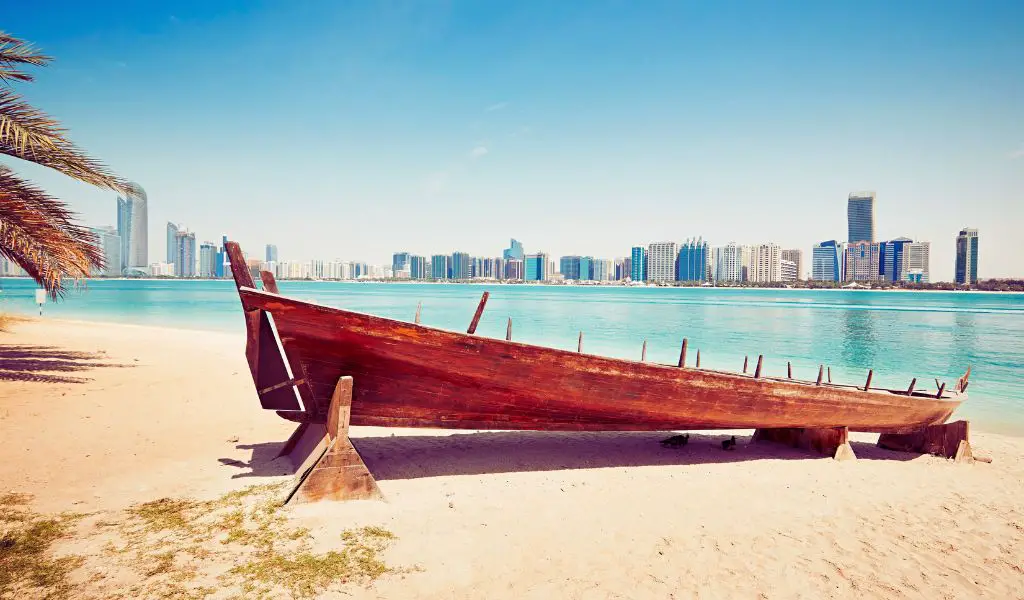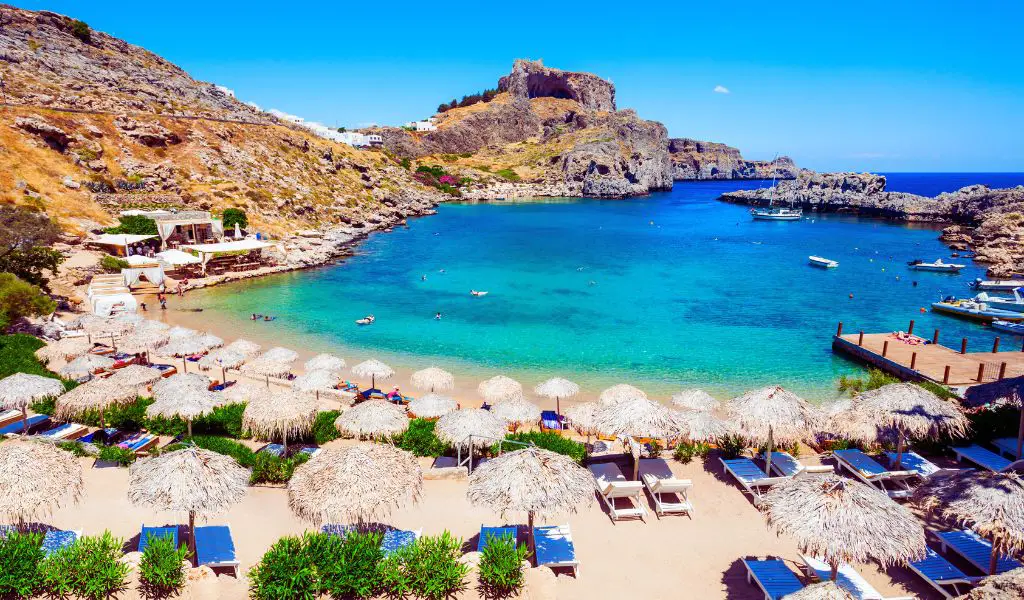Abu Musa, an island located in the strategic waterways of the Persian Gulf, is a destination that intrigues historians, geographers, and travelers alike. Its unique position has made it a focal point of regional geopolitics, but beyond the headlines, Abu Musa offers a rich tapestry of natural beauty, historical landmarks, and cultural experiences.
Geography
Geographically, Abu Musa is a relatively small island, but its terrain is diverse.
The island boasts sandy beaches that seamlessly merge with rocky outcrops, providing a picturesque setting against the vast expanse of the Persian Gulf.
Inland, the landscape is dotted with low hills and sparse vegetation, a testament to the region’s arid climate.
History
The history of Abu Musa is as captivating as its landscapes. The island has been a witness to the ebb and flow of empires, trade routes, and naval expeditions.
Ancient inscriptions and artifacts found on the island hint at its significance in the maritime history of the region.
From being a refuge for sailors to its role in regional geopolitics, Abu Musa’s past is a mosaic of tales waiting to be explored.
Activities
For visitors, Abu Musa offers a range of activities.
The beaches are ideal for relaxation, while the clear waters of the Persian Gulf beckon snorkeling and diving enthusiasts.
The marine life around the island is vibrant, with coral reefs providing a habitat for a variety of fish species.
For those interested in history, the remnants of ancient settlements and inscriptions offer a glimpse into the island’s storied past.
Population
Abu Musa is home to a small population, primarily consisting of indigenous inhabitants and a few settlers.
The local community is known for its warm hospitality and deep-rooted traditions.
When to Go
The most favorable time to visit Abu Musa is during the cooler months, from November to March, when the climate is more temperate and conducive for outdoor activities.
How to Get There
Access to Abu Musa is primarily by sea.
Regular boat services operate from nearby ports, connecting the island to the mainland. It’s advisable to check the schedule and availability in advance.
Highlights
Historical Sites: Explore ancient inscriptions and remnants that narrate the island’s rich history.
Marine Adventures: Dive into the waters of the Persian Gulf and discover the vibrant marine ecosystem.
Local Culture: Engage with the local community and experience their traditions and way of life.
What You Should Know
Travel Restrictions: Due to its strategic importance, there might be travel restrictions in place. Ensure you have the necessary permissions to visit.
Amenities: While basic amenities are available, it’s advisable to carry essentials, especially if you plan to explore remote parts of the island.
Conservation: Respect the local environment and adhere to guidelines to ensure the preservation of the island’s natural and historical sites.
FAQs about Abu Musa
Is Abu Musa open to international tourists?
Travel regulations to Abu Musa can vary. It’s recommended to check with travel agencies or relevant authorities for the latest guidelines.
Are there accommodations available on the island?
There are limited accommodations on Abu Musa. It’s advisable to book in advance, especially during the peak travel season.
Is it safe to travel to Abu Musa?
While Abu Musa is generally peaceful, travelers should stay updated on local advisories and exercise basic precautions during their visit.




